VSS Workshop for PhD Students and Postdocs:
PNAS: How do I judge to which journal I should send my paper
Sunday, May 18, 1:00 – 2:00 pm, Snowy Egret
Moderator: Frans Verstraten
Introduction: Sandra Aamodt
Discussants: Heinrich Bülthoff, Nancy Kanwisher, & Concetta Morrone
PNAS… Post Nature And Science. We all think we do excellent research and great results deserve a great outlet. How many of us have wandered the whole route from all the top ranked journals, only to end up in an average journal? Wouldn’t it be good if we could only judge the journal to go for immediately? It saves the disappointment of not being sent out for review, rejection, and the energy needed to once more having to rewrite the manuscript. Moreover, what is wrong with an average journal for your output? We will discus some of the ways to convince the editors of high profile journals to at least send your manuscript out for review. We will hear some good and bad experiences and hope to conclude with some realistic advice…
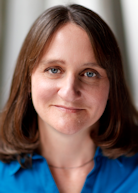 |
Sandra Aamodt
Sandra is a coauthor of Welcome to Your Child’s Brain: How the Mind Grows from Conception to College and Welcome to Your Brain: Why You Lose Your Car Keys But Never Forget How to Drive and Other Puzzles of Everyday Life, which was named science book of the year in 2009 by the American Association for the Advancement of Science. A former editor in chief of Nature Neuroscience, she has read over 5000 neuroscience papers in her career. Before joining the journal, she received a Ph.D. in neuroscience from the University of Rochester and did postdoctoral research at Yale University. |
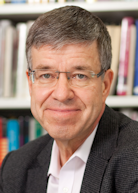 |
Heinrich Bülthoff
Heinrich is director at the Max Planck Institute for Biological Cybernetics in Tübingen. He is head of the Department Human Perception, Cognition and Action in which a group of about 70 researchers investigate psychophysical and computational aspects of higher level visual processes in object and face recognition, sensory-motor integration, human robot interaction, spatial cognition, and perception and action in virtual environments. He is Honorary Professor at the Eberhard-Karls-Universität (Tübingen) and Korea University (Seoul). He is co-founder of the journal ACM Transactions on Applied Perception (ACM TAP) and on the editorial boards of several open access journals. He has not published in Nature Journals for more than ten years. |
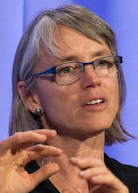 |
Nancy Kanwisher
Nancy is the Walter A. Rosenblith Professor of Cognitive Neuroscience in the Department of Brain and Cognitive Sciences at the M.I.T. She is interested in the functional organization of the brain as a window into the architecture of the human mind. Her work and that of her students have been published in some of the best journals. She has, however, her ideas about this… She is also a member of the National Academy of Sciences (USA). |
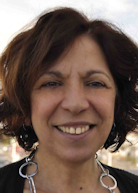 |
Concetta Morrone
Concetta is Professor of Physiology at University of Pisa. Over the years her research has spanned most active areas of vision research, including spatial vision, development, plasticity, attention, color, motion, robotics, vision during eye movements and more recently multisensory perception and action. Concetta has published some 160 publications in excellent international peer-review journals, including Nature and her sister journals, Neuron, Current Biology and several Trends in Journals. She has been editor of many journals and was one of the founding editors of the Journal of Vision, and currently she is Chief Editor and founder of the journal “Multisensory Research” (the continuation of “Spatial Vision”). |
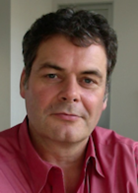 |
Frans Verstraten
Frans is the MacCaughey Chair of Psychology at the University of Sydney. So far he has never made it into Nature or Science and if Bayes was right, he probably never will. His task is to facilitate the discussion. He has served on several editorial boards and is currently one of the editors-in-chief of Perception and i-Perception. |
VSS Workshop for PhD Students and Postdocs:
How to Transition from Postdoc to Professor?
Sunday, May 18, 1:00 – 2:00 pm, Royal Tern
Moderator: Frank Tong
Discussants: Julie Golomb, Sam Ling, Joo-Hyun Song, and Jeremy Wilmer
You’re really excited by all of the research you’re doing in the lab…. Ahh, the freedom to explore, discover, and focus just on doing good science. But at the back of your mind, you find yourself thinking, “When should I strike out on my own and apply for faculty positions, so I can start my own lab?”
So, when is the right time? What should your CV look like, so your application will attract the attention of the search committee? How will you craft your research statement to convey the importance of your work? Once you are invited to interview, how will you prepare for the big day, what should you expect in your individual meetings, what kinds of questions might people ask? Most important, how will you structure and stylize your job talk to excite everyone in the department about your research program?
We will hear the advice and learning experiences of assistant professors who recently made the transition from postdoc to faculty member. Much of this seminar will focus on how to put your best face forward when applying for faculty positions, from CV to negotiating the details of the position. We will have an open discussion of what qualities departments often look for in top candidates. We will also hear about the joys and challenges of starting a new lab, teaching courses for the first time, finding the right people for the lab family, and what life is like as a new faculty member.
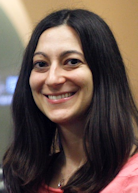 |
Julie Golomb
Julie is an Assistant Professor in the Department of Psychology and Center for Cognitive and Brain Sciences at the Ohio State University. Her research focuses on how objects and their spatial locations are perceived and coded in the brain, and how these representations are influenced by eye movements, shifts of attention, and other top-down factors. Julie received her PhD from Yale University in 2009 and did a postdoc at MIT before starting her faculty position in 2012. She was recently selected as a 2014 Sloan Research Fellow in Neuroscience. |
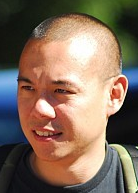 |
Sam Ling
Sam is an Assistant Professor of Psychology at Boston University. His research focuses on neural mechanisms of visual perception (e.g., orientation perception, contrast sensitivity, binocular rivalry) and the top-down effects of attention on visual processing. He received his PhD from New York University in 2007 and pursued postdoctoral research at Vanderbilt University before beginning his current faculty position in 2014. |
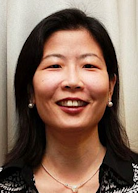 |
Joo-Hyun Song
Joo-Hyun is an Assistant Professor in the Department of Cognitive, Linguistic & Psychological Sciences at Brown University. She investigates the mechanisms involved in integrating higher-order cognitive processes, such as attention, decision making and visually guided actions, through a combination of methodologies including behavioral investigations, online action tracking, fMRI, EEG, and neurophysiological experiments. She received her PhD from Harvard University (2006) and pursued postdoctoral research at the Smith-Kettlewell Eye Research Institute (2006-2010) before beginning her current faculty position in 2010. |
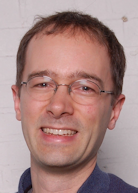 |
Jeremy Wilmer
Jeremy is an Assistant Professor of Psychology at Wellesley College. He investigates clinical and non-clinical human variation in cognitive and perceptual abilities to gain insights into their genetic and environmental influences, functional organization, and practical correlates. His experiences include several years of running a lab at an undergraduate-only, single-sex liberal arts college. He received his PhD in 2006, pursued postdoctoral research at University of Pennsylvania and SUNY College of Optometry, before beginning his current faculty position in 2009. |
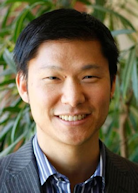 |
Frank Tong
Frank Tong is a Professor of Psychology at Vanderbilt University. He is interested in understanding the fundamental mechanisms underlying visual perception, attention, object processing, and visual working memory. He has received multiple awards for his research advances, in particular for his work on fMRI decoding of visual and mental states. He particularly enjoys working with students and postdocs as they carve their path towards scientific discovery and independence, and currently serves as a VSS board member. |


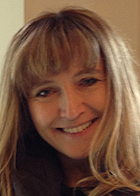
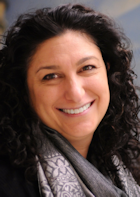
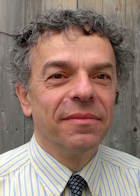
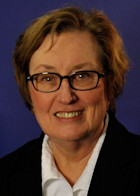
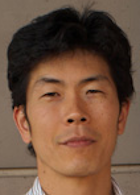
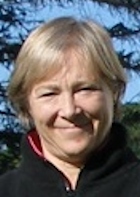
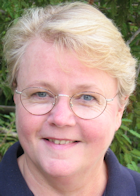
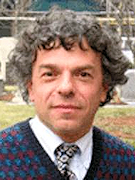
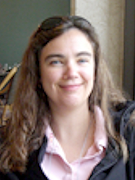
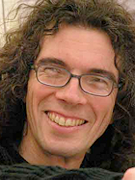
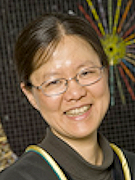
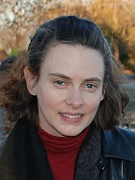

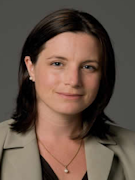
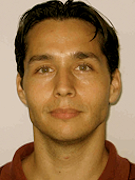
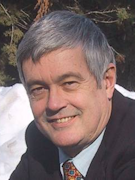
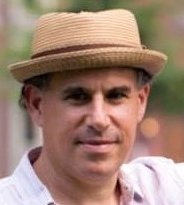 Todd Horowitz
Todd Horowitz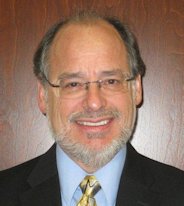 Michael Steinmetz
Michael Steinmetz